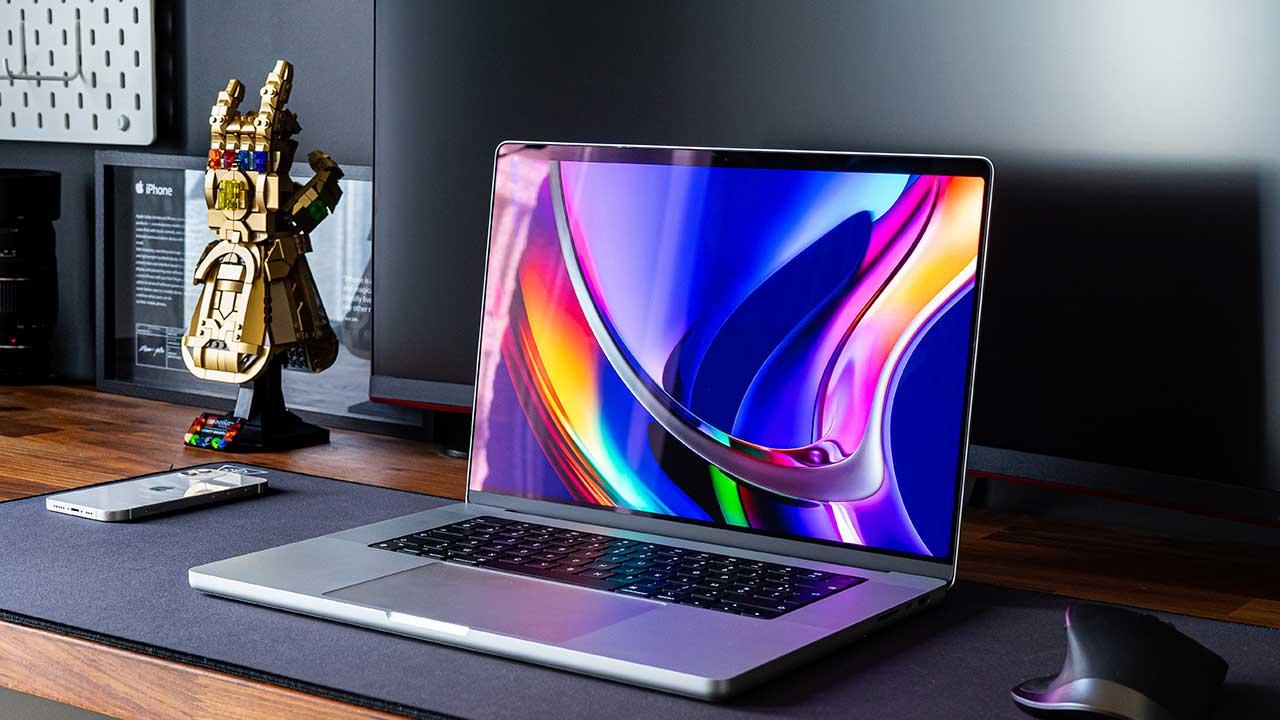Not all antiviruses protect us the same. If we want to connect to the Internet and be protected from the hackers who hide behind every website, it is necessary to have good, trustworthy software. On the Internet we can find a large number of antivirus brands, which promise us comprehensive protection against all types of computer threats. However, do all of them really protect us equally from threats? How can we find out?
Testing the antivirus ourselves, one by one, is a very tedious task. It is practically impossible to get a collection of malware to test each of the antiviruses on the market. And it is much more complicated to be able to measure other fundamental aspects, such as performance or false positives.
Luckily, there are companies and organizations that are dedicated to precisely this. AV-Comparatives is one of the most prestigious and reliable in this work. This platform is responsible for periodically analyzing the level of security offered by the main antiviruses on the market. In this way, it is possible to know, at a glance, how well each antivirus protects us so that we can make the right choice.

A few hours ago, this platform just published its latest security reports. And, thanks to them, we can know which are the best antivirus that we can install, right now, on our computer. And, also, which ones we should avoid.
The best antivirus for Windows
Av-Comparatives has tested what, we believe, are the main antivirus that we can find on the market. It is true that there are many other brands, but their reliability and lack of experience in the security sector mean that they are not even remotely recommended.
The complete list of security software that this platform has analyzed is:
- Avast
- AVG
- bitdefender
- ESET
- G DATA
- Kaspersky
- Total Defense
- Avira
- F-Secure
- McAfee
- Microsoft
- TotalAV
- Norton
- Panda
- Quick Heal
- Trend Micro
Of all of them, there are only 3 that have gotten an (almost) perfect grade. We are talking about Bitdefender, F-Secure and TotalAV, three security programs that have detected, and successfully blocked, 99.98% of all viruses analyzed. Specifically, there have been 10,076, allowing only two viruses to pass through. In fourth place, which we can also consider the winner, we find Total Defense, blocking a total of 99.97% of viruses, and allowing only 3 threats to pass through.

But, of the 4 above, which one is really the best? To find out, what we will do is analyze the number of false positives that have been reported. In this way, we find that Bitdefender has only had 5 false positives, the same as Total Defense. TotalAV, for its part, has reported a total of 13 false positives, and F-Secure a total of 17 false positives on the PC.
This leaves us with a clear winner: Bitdefender is the best antivirus, at least at the moment.
The worst antivirus for Windows
We have already seen which are the best antivirus based on the malware detection rates and the false positives they report. Now let’s see which are the 4 that got the worst marks. And the data is surprising.
Of course, any antivirus that detects less than 99% of computer threats is a sieve. And, curiously, we have two within this category: the worst of all, Trend Micro, which has detected only 96.12% of computer threats, and Quick Heal, which has detected a little more, but remaining very far from the rest of the rivals.
 Panda, the well-known and “prestigious” Spanish antivirus, remains the third worst antivirus on the list, with only 99.25% of the malware detected. And, curiously, above it, is the most used antivirus in the world: Microsoft Defender. It has only detected 99.84% of computer threats, which leaves it in fourth place from bottom.
Panda, the well-known and “prestigious” Spanish antivirus, remains the third worst antivirus on the list, with only 99.25% of the malware detected. And, curiously, above it, is the most used antivirus in the world: Microsoft Defender. It has only detected 99.84% of computer threats, which leaves it in fourth place from bottom.
Now, let’s look at the false positives of these programs. Trend Micro, although it has received the worst grade, is the one that has reported the fewest false positives, giving only 1 result. Quick Heal follows in second place with 5 false positives, followed by Microsoft Defender, with 8. Finally, we have Panda, which has not only failed in security, but also in false positives, with a whopping 28.













